 The Internet Archive is widely known for its Wayback Machine, which preserves copies of the web for future generations.
The Internet Archive is widely known for its Wayback Machine, which preserves copies of the web for future generations.
These archiving efforts, which started decades ago, will become more valuable over time. The same could apply to IA’s other projects, including the digitization of old books and records.
Seven years ago, the Archive began archiving the sounds of 78rpm gramophone records, a format that is obsolete today. In addition to capturing their unique audio characteristics, including all ‘crackles and hisses’, this saves unique recordings for future generations before the vinyl or shellac disintegrates due to age.
The ‘Great 78 Project‘ received praise from curators, historians, and music fans but not all music industry insiders were happy with it. Several record labels including Sony and UMG, sued the Internet Archive for copyright infringement in federal court in 2023.
Labels Seek $693 Million in Damages
Last year, IA responded to these allegations with a motion to dismiss. According to the Archive, many of the claims were simply too late, as they supposedly pointed to infringements that occurred over three years ago. The record labels claimed they were aware of this; the RIAA sent a cease and desist letter on their behalf but took no further action at the time.
The U.S. federal court in California disagreed. After reviewing the positions from both sides, Judge Maxine Chesney concluded that it wasn’t clear that the statute of limitations had expired for all works, as the RIAA’s letter didn’t mention any specific infringements.
The case moved forward and last month the music labels requested permission to file a second amended complaint, which significantly raises the stakes. This updated version includes 4,624 works that were allegedly infringed by the Great 78 Project, as opposed to the 2,749 recordings listed in the original complaint.
The music companies request the maximum statutory damages of $150,000 per work for each of these recordings, increasing potential damages to an astronomical $693 million.
Some of the recordings
Progress in Settlement Negotiations
The amended complaint has yet to be accepted by the court, but recent filings suggest that it may not get to that. Apparently, both camps have been engaged in settlement discussions that could potentially result in an alternative resolution.
In a joint filing, the parties asked the court to pause the lawsuit for thirty days so they can work on finalizing a deal. No terms are mentioned, but a resolution outside of court seems realistic.
Specifically, IA and the music labels state that they have “made significant progress in settlement discussions” and are “optimistic that settlement discussions may be successful and that this case can be dismissed.”
From the joint stipulation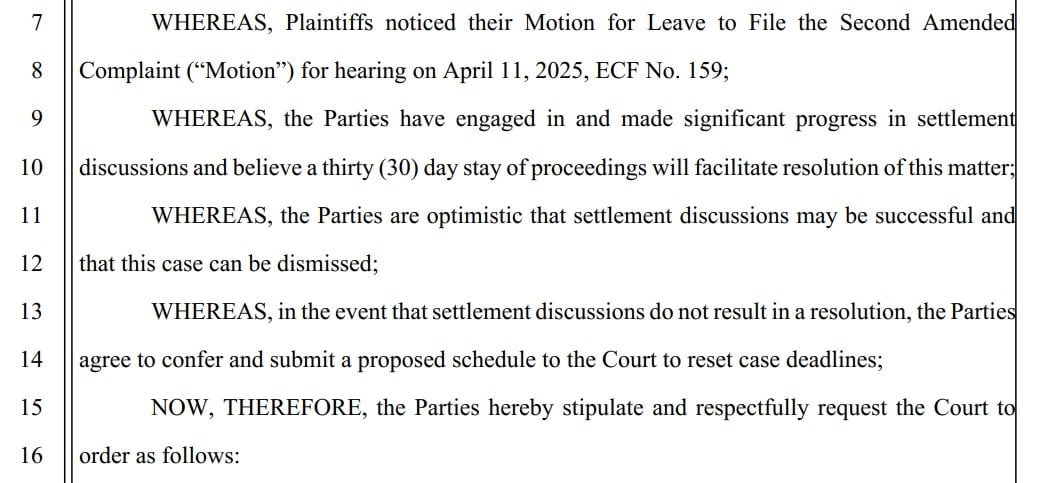
The court granted the request and stayed the case for thirty days, canceling a hearing that was planned for Friday. If a settlement is reached, the case can be dismissed; if not, the parties will have to propose a new schedule.
At the time of writing, the Great 78 Project remains online. While several recordings have been removed since the lawsuit was filed, including a copy of Bing Crosby’s White Christmas, many others remain accessible.
It’s not clear what type of settlement the parties have in mind, but the labels will likely insist that all allegedly infringing content is removed. The Internet Archive, in turn, will likely try to avoid any substantial damages.
—
A copy of the joint stipulation and the proposed order to stay the case for thirty days, granted on April 4th, is available here (pdf). A copy of the proposed amended complaint with the 4,624 works can be found here (pdf)
From: TF, for the latest news on copyright battles, piracy and more.
From TorrentFreak via this RSS feed
 Having listened to LaLiga chief Javier Tebas speak about piracy for almost an hour at a
Having listened to LaLiga chief Javier Tebas speak about piracy for almost an hour at a 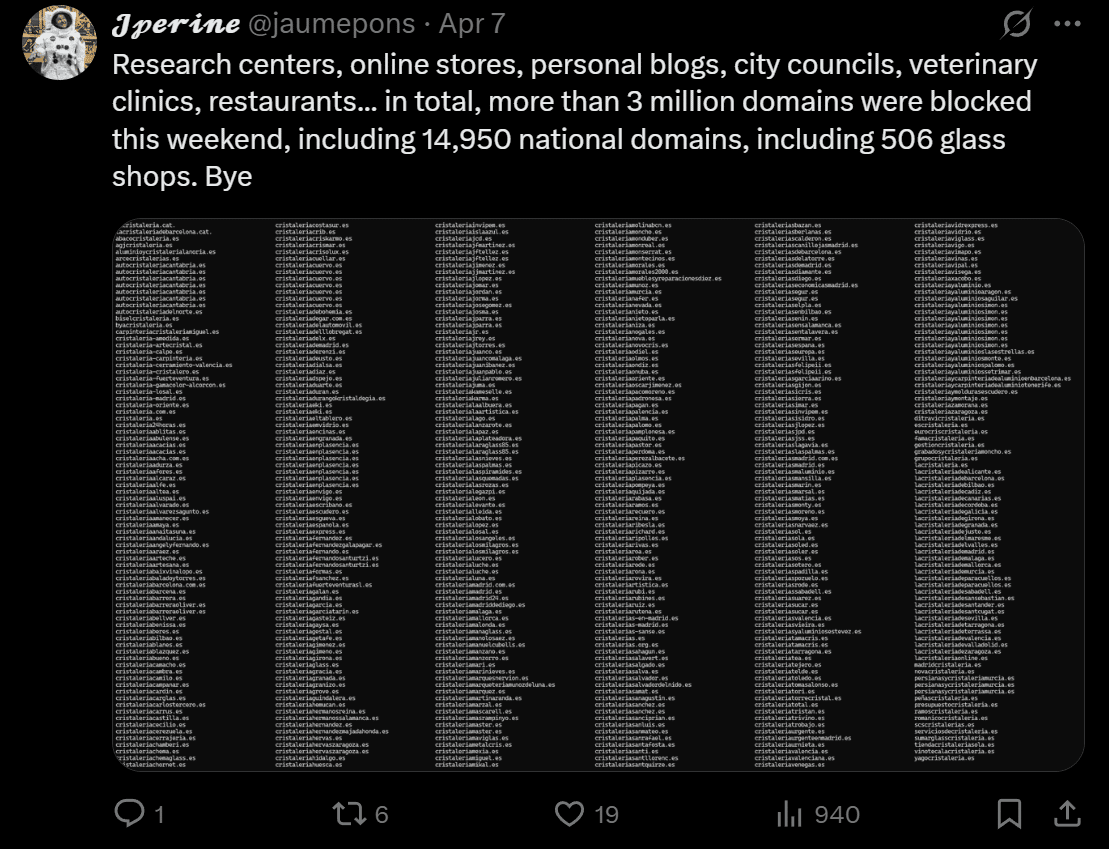

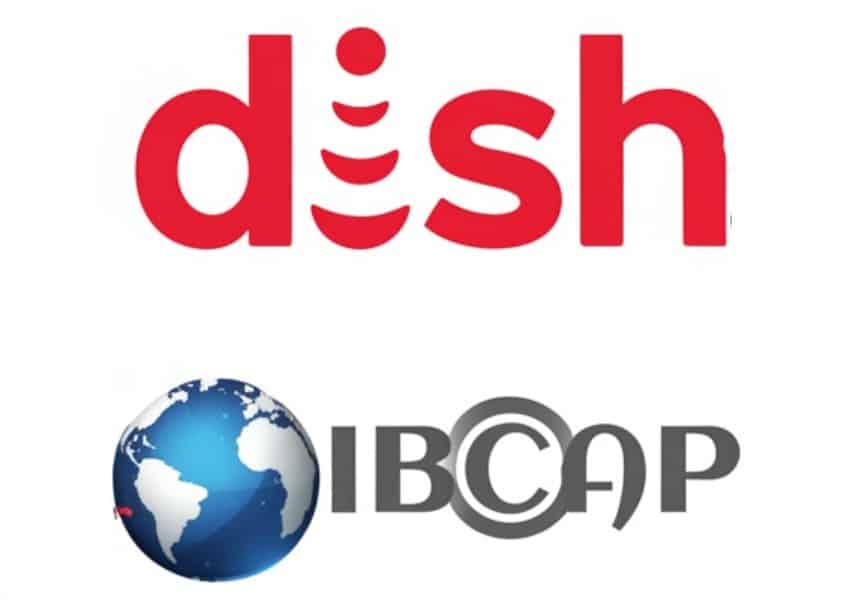 With the continued growth of pirate IPTV services in recent years, TV broadcasters and distributors have been ramping up their anti-piracy efforts.
With the continued growth of pirate IPTV services in recent years, TV broadcasters and distributors have been ramping up their anti-piracy efforts.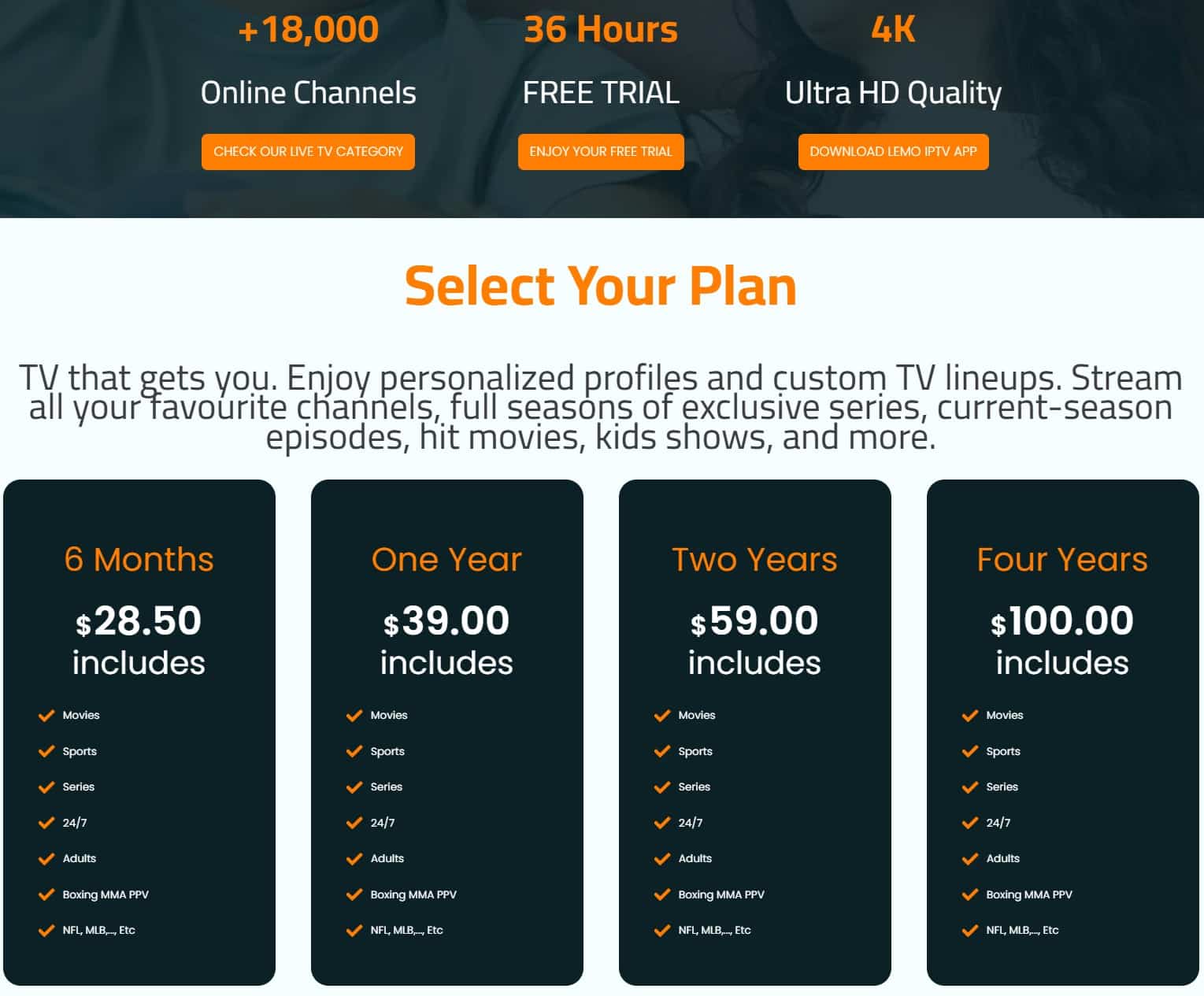


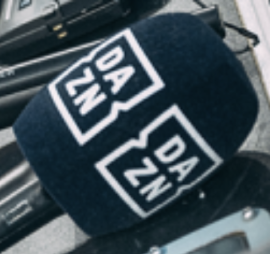 Like many similar reports published most weeks by newspapers in Europe, an article published by Belgian media outlet L’Echo late Saturday evening pulled few punches.
Like many similar reports published most weeks by newspapers in Europe, an article published by Belgian media outlet L’Echo late Saturday evening pulled few punches. While this would be its first use in Belgium, dynamic blocking is already used extensively elsewhere. The mechanism allows for speedy responses to blocking countermeasures, including domain changes and the appearance of proxies and mirrors, and there’s no requirement for a follow-up legal procedure.
While this would be its first use in Belgium, dynamic blocking is already used extensively elsewhere. The mechanism allows for speedy responses to blocking countermeasures, including domain changes and the appearance of proxies and mirrors, and there’s no requirement for a follow-up legal procedure.
 The frontline of online piracy liability keeps moving, and core internet infrastructure providers are increasingly finding themselves in the crosshairs.
The frontline of online piracy liability keeps moving, and core internet infrastructure providers are increasingly finding themselves in the crosshairs.

